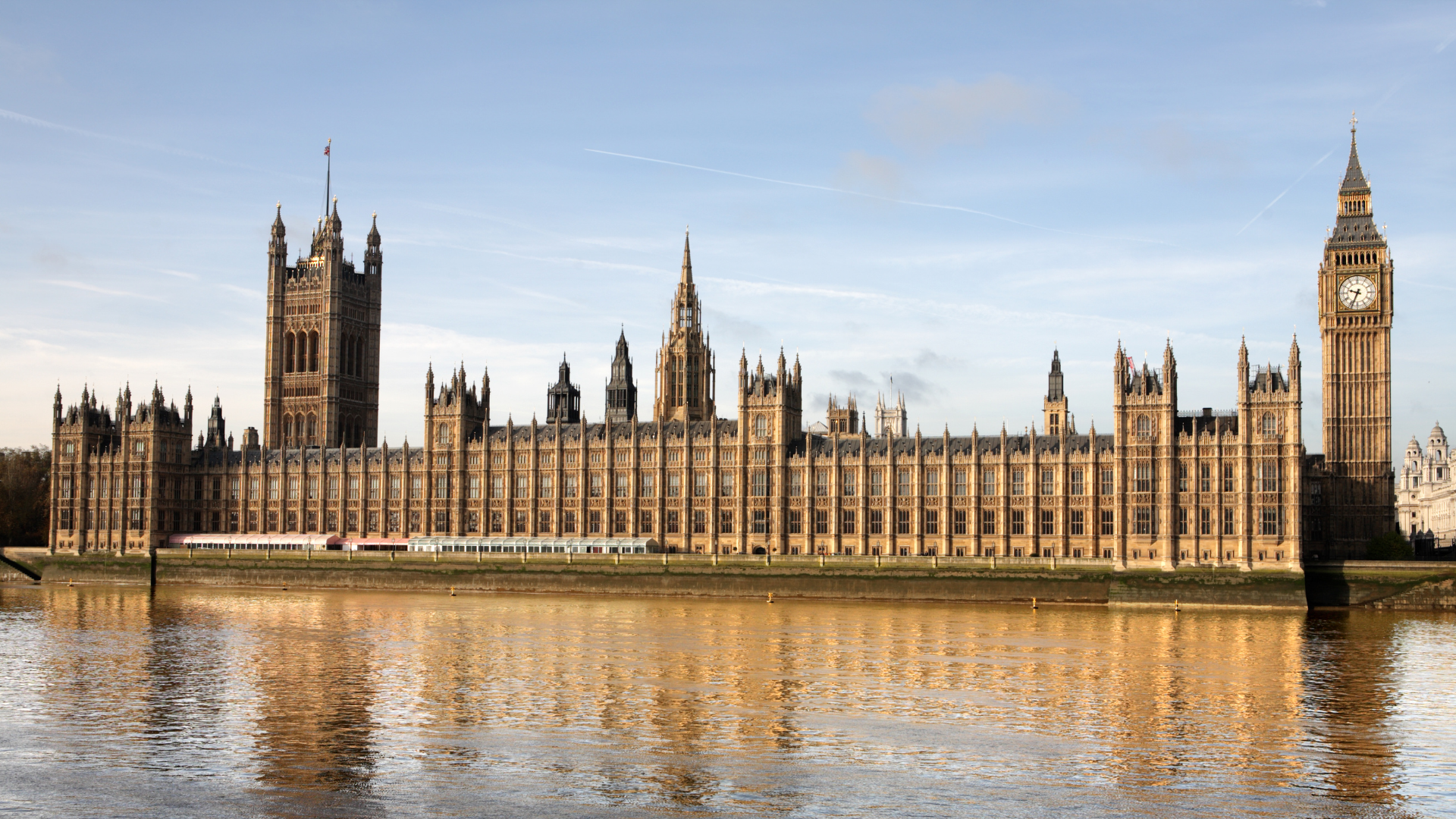

Jessica Birch
Public Sector
On Tuesday 7 November, King Charles III delivered his first State Opening of Parliament and the first ‘King’s Speech’ for over 70 years. Draped in custom and tradition, this historic event marks the formal start of the parliamentary year and sets out the government’s proposed policies and legislation for the 2023-24 session. King Charles III paid homage to the Queen before setting out the Conservative government’s priorities ahead of the next general election, which is speculated to take place in Spring or Autumn 2024.
While there were no major surprises, the government did introduce some noteworthy and targeted technology, media, and national security measures. Prime Minister Rishi Sunak – the speech’s ultimate author – is hoping that the varied measures, from tougher prison sentences to renting reforms, can turn his election fortunes around. At this juncture, that seems unlikely.
The tech sector can look forward to yet more controversy over investigatory powers through amendments to the UK’s existing framework. The changes, which will apply to the whole of the UK, are designed to ensure the legislation remains fit for purpose and that law enforcement agencies’ powers evolve with technological advancements.
The new legislation will amend the bulk personal dataset regime, helping intelligence agencies to use less sensitive data more efficiently. It will also expand the oversight regime to support the Investigatory Powers Commissioner’s work on a statutory basis, as well as reform the notices regime for the rolling out of technology by multinational companies that preclude lawful access to data. Furthermore, by updating the conditions for the use of Internet Connections Records, the bill aims to improve the detection of criminal activity and national security threats. This will be underpinned by a robust independent oversight regime. Finally, the legislation will increase the resilience of the warrantry authorisation processes to ensure that security and crime agencies can access lawful information to tackle national security and organised crime threats in a timely manner.
The speech also touched on a new regime for autonomous vehicles on the road, as well as new legislative measures to tackle freedom of the press and access to public services in a new digital age.
The government has not advanced the Network and Information Systems (NIS) reform nor committed to legislating on AI with a dedicated bill. However, we do anticipate AI provisions to be introduced within the Data Protection and Digital Information Bill No. 2. Finally, among the 21 bills announced, there is little in the speech for the space or manufacturing sectors.
No. 10 is disputing claims that the King’s Speech was empty and lacked ambition. Each new bill will need to be introduced separately by the government and subject to consultation. A week of debates will follow, but this is unlikely to change the substance of the government’s proposals.
The new parliamentary session carries over two significant regime changes already under parliamentary debate: data protection and digital competition. The government’s ambition is to have the Data Protection and Digital Information Bill No. 2 in force by Spring 2024, while the Digital Market, Consumer and Competition Bill is expected by the second half of 2024.
The next major UK political milestone is the Autumn Statement on Wednesday 22 November, where the government will set out its tax and spending pledges from now until the general election.
To find out more about what the UK government’s proposed legislation may mean for your business, please contact Jessica Birch at [email protected].




